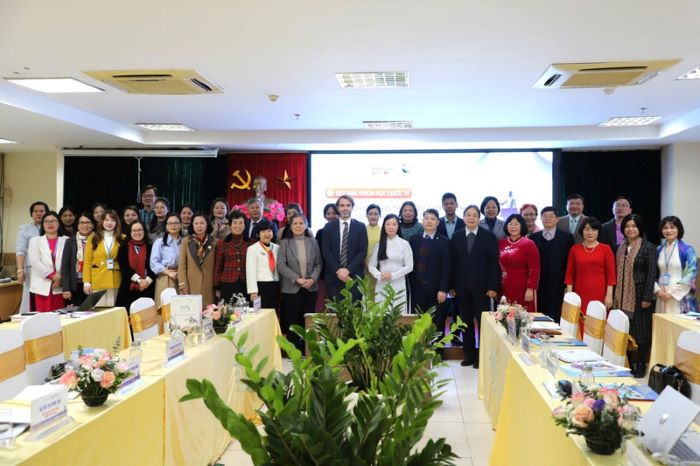Robert Whitehurst and impressions of Dang Thuy Tram’s diary

Of the two brothers, Robert has personal connections to
VOV: Could you tell us your first impressions when you first encountered the diary?
Robert: I first encountered the diary back in 1970 when I was in
VOV: Has the diary changed your life and if so, how?
Robert: Well, I became aware of the second diary in 1971. At the time Fred thought Thuy Tram had been killed. The diary affected my judgement of the people and raised my expectations. I have rarely met people that met the many standards she lived by. She was at a level of human achievement that few people arrive at. It is there in front of me that I often find myself judging people by their standards; especially, they talk a lot about what they do and what they are. Many people can talk of big stories but when it comes to having the courage to live up to their beliefs, very few people have the courage Thuy Tram had.
VOV: What do you think about the responses the diary had after it was published?
Robert: I was very surprised that the sales kept growing and growing. We came to
VOV: When did you first come back to
Robert: August last year. I left in 1972 and only returned last year.
VOV: Why did it take you so long to come back because, as we understand, you have personal connections to this land?
Robert: Well, I’ve been busy raising a family and doing part-time business. I wanted to do business in Europe and I have a daughter to send to college in the
VOV: So we see you came back to
Robert: Well, my wife did return. She did not hear about her family for 10 years after 1975, but she has been back every three to four years recently, and has returned five to six times already. The situation has improved a lot. Last year my wife took my 32-year-old daughter to
VOV: What about your own feelings when you first came back to
Robert: I continued to read about
VOV: I’m sure you were welcomed by those who know you are a person related to the diary. What about those who do not know you are Robert Whitehurst?
Robert: I do not know whether they know who I am or not, because the Vietnamese are very polite. I am rarely asked whether I am Robert, Fred’s brother. I’ve been very pleased that people have been so polite. I enjoy the fact that I can look at people and they do not stare back, and in that moment when we make eye contact I try to capture them with a smile, and invariably, they smile back. In short, I am very pleased and very touched by what I have found here.
VOV: What else do you think about the Vietnamese attitude to you as an ordinary American citizen when they meet you 30 years after the war ended?
Robert: Before I came over here, I read official publicity that the country was looking forward and really letting bygones be bygones. I suspected there might be still a deep emotional well of sadness about the war.When I came here, I found that people were looking forward, we talked about the war for 10 days, but not with bitterness. The reason that Fred and I came here was intimately tied up to the war. Thuy Tram has become more and more important to the Vietnamese people. Everything we do has more and more significance, gratification and impact on the perception of the war for a veteran like me and your society, especially regarding the feelings and passion they had. The younger generation began discover what it was, how their parents and grandparents fell, and that moved them. Basically they could see what had to happen to help
VOV: Thank you very much.






